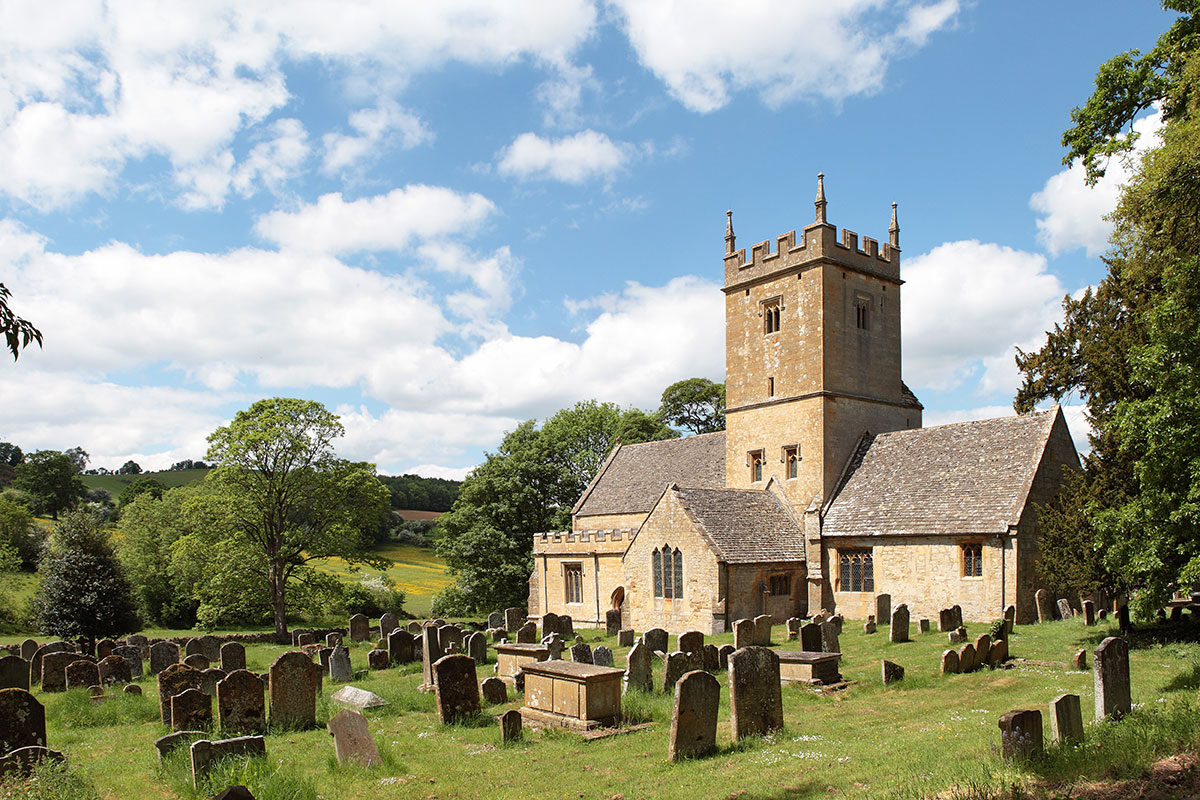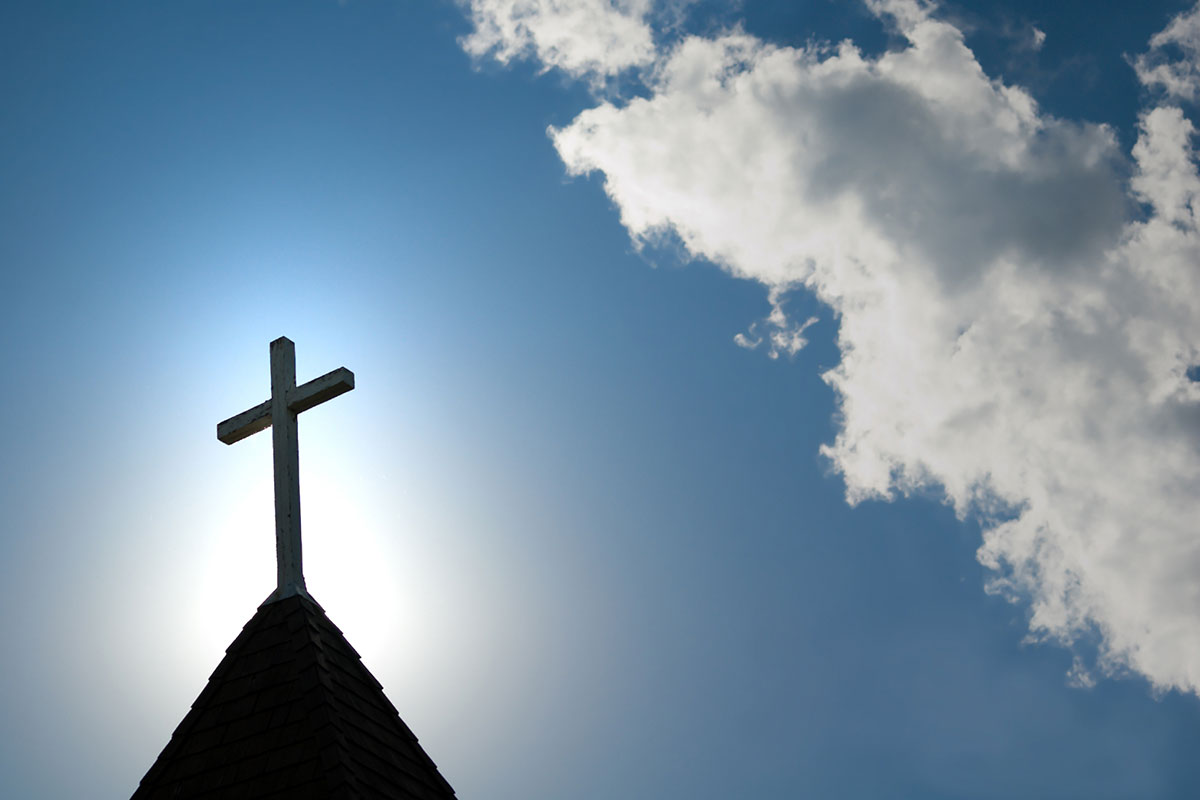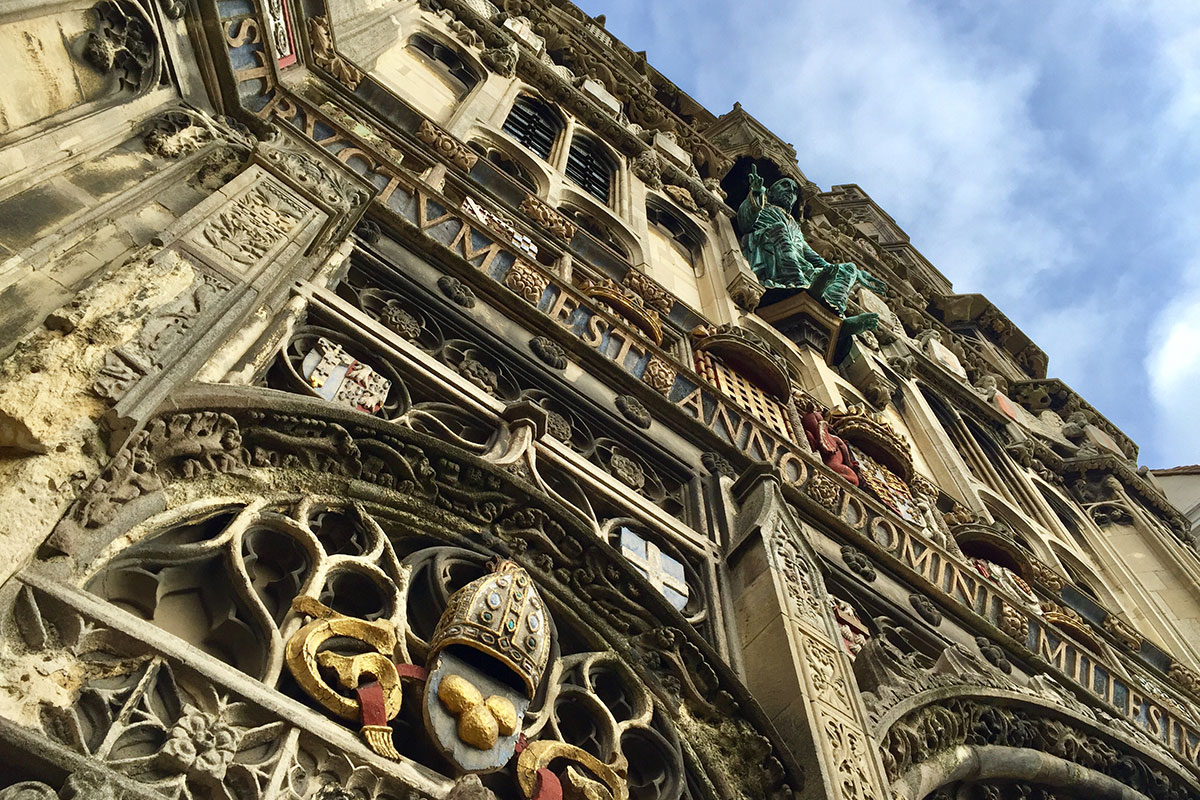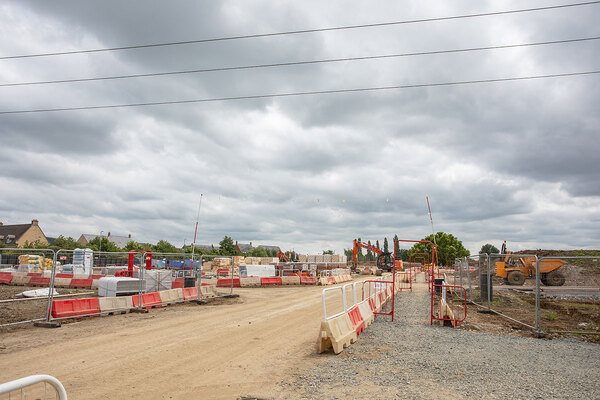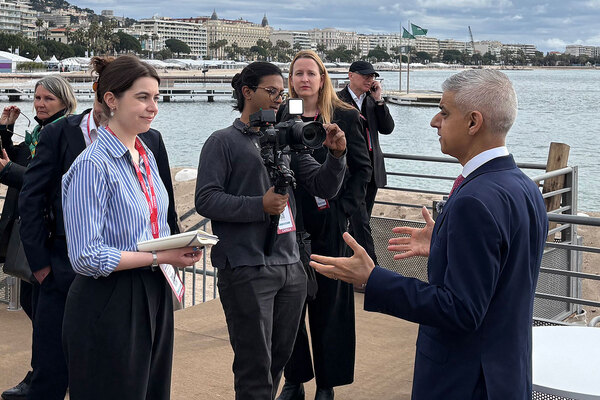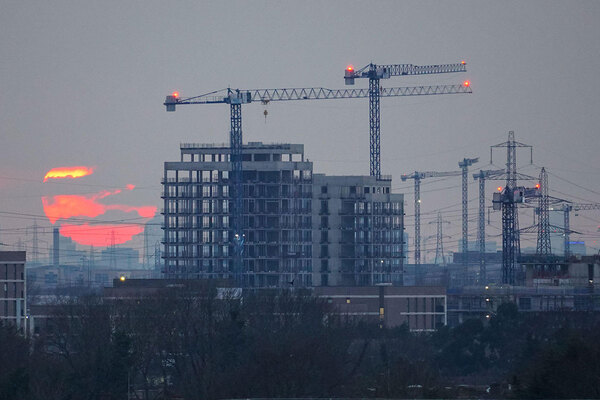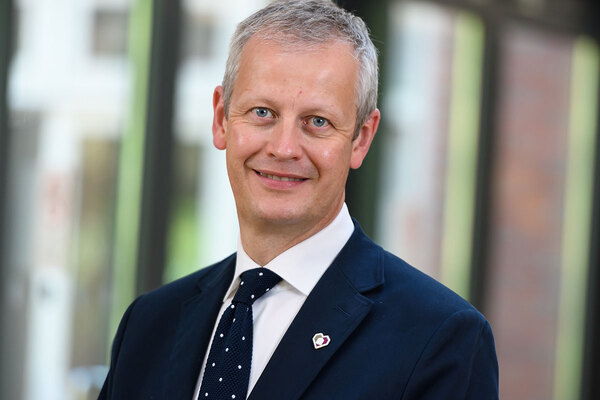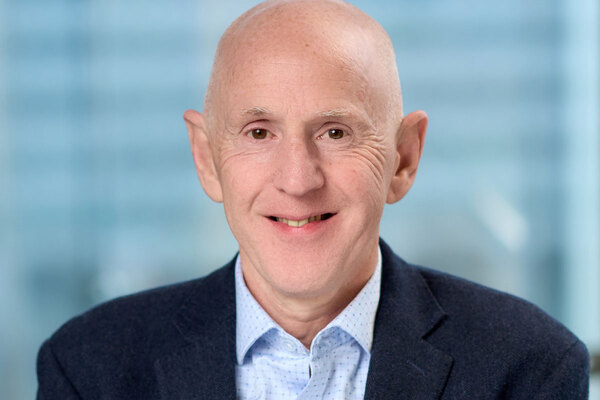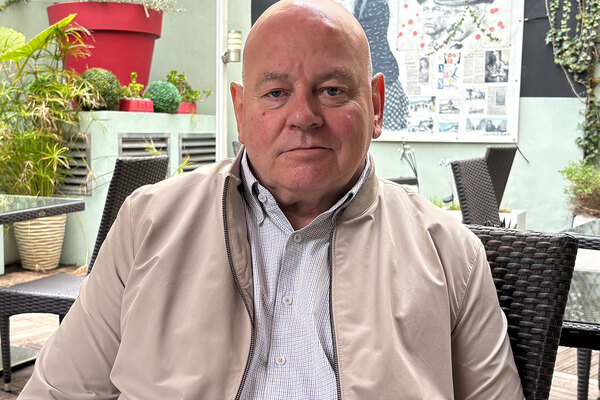Church of England launches commission to find sites for affordable homes
The Church of England has launched a commission to identify ways it can help tackle the housing crisis, including building on its own land, as part of a promise by the Archbishop of Canterbury to make the most of the church’s “unique” position.
Academics, housing experts and theologians will meet over the next 18 months to examine how the Church of England can build on its own work in housing and contribute to the national debate, and suggested “using surplus church land for affordable housing” in the future.
A report produced to coincide with the commission’s launch on Tuesday set out ways in which the church was already using its land to build affordable homes by demolishing vicarages and disused church halls, but also suggested “using surplus church land for affordable housing” in the future.
The Church Commissioners, the body which manages the Church of England’s property assets and is separate from the newly launched commission, has already identified 60 sites for development covering around 6,600 acres of agricultural land. It has permission or is seeking permission for around 9,000 new homes, of which around 2,500 will be affordable.
The report suggested that the Church Commissioners could invest in homes as a source of income for the future.
The new Commission on Housing, Church and Community will focus on “providing good homes and promoting thriving communities”, the Church of England said.
It will be led by Charlie Arbuthnot, an expert in the financing of social housing, and the Bishop of Kensington, Graham Tomlin, who supported residents following the Grenfell Tower disaster.
Other members of the commission include Reverend Lynne Cullens from the National Estate Churches Network, Sir Robert Devereux, former permanent secretary at the Department for Work and Pensions, Marvin Rees, mayor of Bristol, and Professor Christine Whitehead, emeritus professor of housing economics at the LSE.
Justin Welby, the Archbishop of Canterbury, said: “Britain’s housing crisis is one of the major challenges facing this country – and it is hitting the poorest the hardest. While there is already significant work being done to find solutions, the church has something unique to contribute.”
The commission will examine key issues related to housing, church and community, and listen to people with direct experience of homelessness and insecure housing. It will also receive evidence from churches and dioceses with experience of tackling housing issues.
Mr Tomlin said: “Many people cannot afford the rent on their homes, live in poor-quality housing or find themselves unable to stay in the communities to which they belong.
“Our hope is that by exploring a Christian vision of housing, home and community we can make a contribution to solving some of these long-standing issues that our society has struggled to resolve over many years.”
